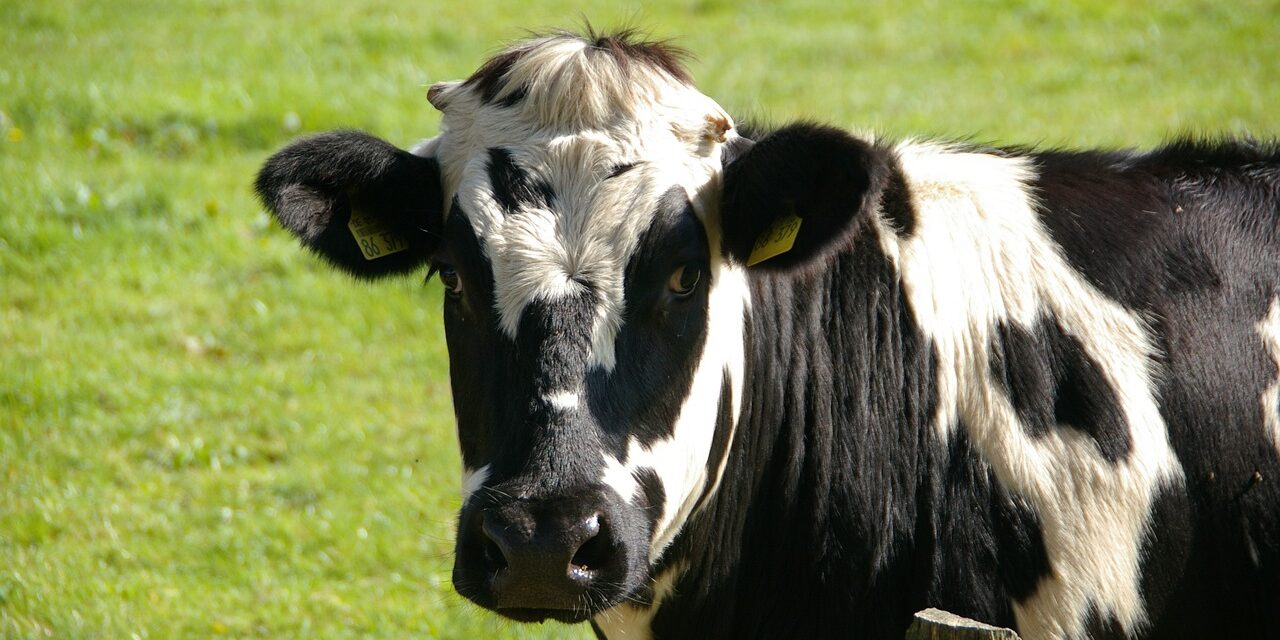A new proposal has emerged that might leave red meat eaters feeling a little, well, gassy. Brace yourselves, dear readers, for the introduction of the “fart tax”! Yes, you heard that right.
Reports indicate that the Climate Change Czar, in their quest to curb greenhouse gas emissions, is considering levying a tax on red meat consumption. The idea behind this “fart tax” is to address the methane emissions associated with livestock farming, which is said to contribute significantly to global warming.
The proposal has sparked a whirlwind of reactions, with some heralding it as a necessary step towards a greener future, while others view it as a step too far. One vocal proponent of the tax argues that it could incentivise individuals to reduce their meat consumption and explore alternative, more sustainable dietary choices. “We need to think about the environmental impact of our food choices. The fart tax could help us transition to a more planet-friendly way of eating,” they opined.
However, critics of the idea have not held back in expressing their disbelief and ridicule. “A fart tax? Is this a joke?” exclaimed one bewildered meat lover. “What’s next? Taxing me for exhaling carbon dioxide?” they added, clearly unimpressed with the notion.
Amidst the uproar, the Climate Change Czar’s office released a statement clarifying their position. They affirmed that the proposal is still in its early stages and is part of a broader effort to tackle climate change. They stressed the importance of exploring all options to reduce greenhouse gas emissions and ensure a sustainable future for our planet.
Meanwhile, red meat enthusiasts have started mobilising in protest. Social media platforms are teeming with hashtags like #SaveOurSteaks and #HandsOffOurBurgers, as individuals share mouth-watering images of perfectly grilled steaks and juicy hamburgers. One defiant meat lover declared, “No tax is going to come between me and my steak! This is culinary discrimination!”
As the “fart tax” proposal gains attention and ignites debates across the nation, it remains to be seen whether it will gain the necessary traction to become a reality. Will red meat eaters be left feeling deflated, burdened by an additional tax on their beloved meals? Or will the proposal fizzle out, seen as nothing more than a passing, albeit pungent, whiff of environmental activism?
One thing is clear: the “fart tax” has certainly made a stink in the public consciousness. Only time will tell if it will evolve into a substantial policy or simply fade away, leaving behind memories of a gas-induced controversy. Until then, dear readers, keep enjoying your sizzling steaks, but perhaps do so with a touch of environmental awareness.
















